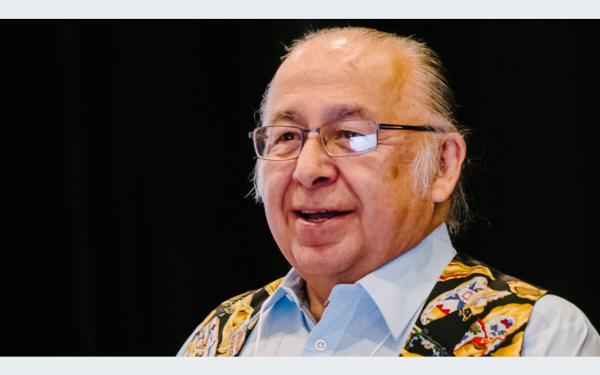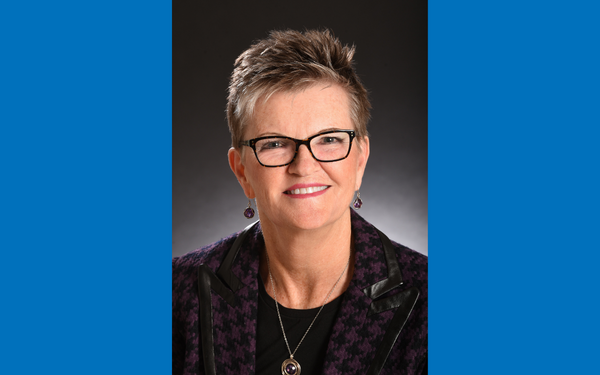| Ahmad Haidar |
Assistant Professor, Biomedical Engineering, McGill University. |
| Alan Cruess |
Professor, Department of Ophthalmology & Visual Sciences. |
| Andrew Paterson |
Full Professor, Dalla Lana School of Public Health, University of Toronto. |
| Aurel Schofield |
Associate Dean, Faculty of Medicine, Department of Dentistry& Ophthalmology, University of Alberta. |
| Babak Aliarzadeh |
Data Analytics Manager, University of Toronto Practise Based Research Network.(UTOPIAN) |
| Baiju Shah |
Associate Professor, Department of Medicine &Institute of Health Policy, Management and Evaluation, University of Toronto. |
| Barry Lavallee |
Director Student Support and curriculum Development Centre for Aboriginal Health Education Section of First Nation, Metis and Inuit Health Faculty of Health Sciences, University of Manitoba. |
| Benoit Lamarche |
Professor, Institute of Nutrition and Functional Foods, Laval University |
| Bernard Hurley
|
Vitreoretinal Surgeon;
Assistant Professor of Ophthalmology;
Fellowship Director & Program Director, Department of Ophthalmology
The University of Ottawa Eye Institute, The Ottawa Hospital
Attending Staff
Children’s Hospital of Eastern Ontario
|
| Caroline Chartrand |
Clinical Assistant Professor, Université de Montréal
|
| Caroline Jose |
Adjunct Research Professor, Centre de formation médicale, Université de Moncton
|
| Catherine Yu |
Assistant Professor, Faculty of Medicine and Dalla Lana School of Public Health, University of Toronto
|
| David Cherney |
Assistant Professor, Department of Medicine & Division of Nephrology, University of Toronto
|
| David Wong
|
Associate Professor, Department of Ophthalmology & Vision Sciences, University of Toronto |
| Donna Manca |
Associate Professor & Research Director, Department of Family Medicine, Faculty of Medicine & Dentistry- Family Medicine, University of Alberta |
| Eva Grunfeld |
Professor, Department of Family and Community Medicine, University of Toronto |
| Geetha Mukerji |
Assistant Professor, Institute of Health Policy, Management and Evaluation, University of Toronto |
| Gillian Booth |
Associate Professor, Institute of Health Policy, Management and Evaluation, University of Toronto
|
| Héléne Lee- Gosselin |
Professor, Department of Management, Laval University |
| Holly Witteman |
Assistant Professor, Department of Family and Emergency Medicine, Laval University
|
| Ilana Halperin |
Assistant Professor, Department of Medicine, University of Toronto |
| Jean-Francois Ethier
|
Assistant Professor, Department of Medicine, Faculty of Medicine and Health Sciences
Université de Sherbrooke
|
| Joyce Dogba |
Assistant Professor, Department of Family and Emergency medicine, Faculty of Medicine, Laval University |
| Julie Gilmour |
Professor, International Relations Program Munk School of Global Affairs, University of Toronto
|
| Karen Tu |
Professor, Department of Family and Community Medicine, Institute of Health Policy, Management and Evaluation, University of Toronto |
| Liisa Jaakkimainen
|
Associate Professor, Department of Family and Community Medicine, University of Toronto |
| Lori MacCallum
|
Assistant Professor, Leslie Dan Faculty of Pharmacy, University of Toronto
|







